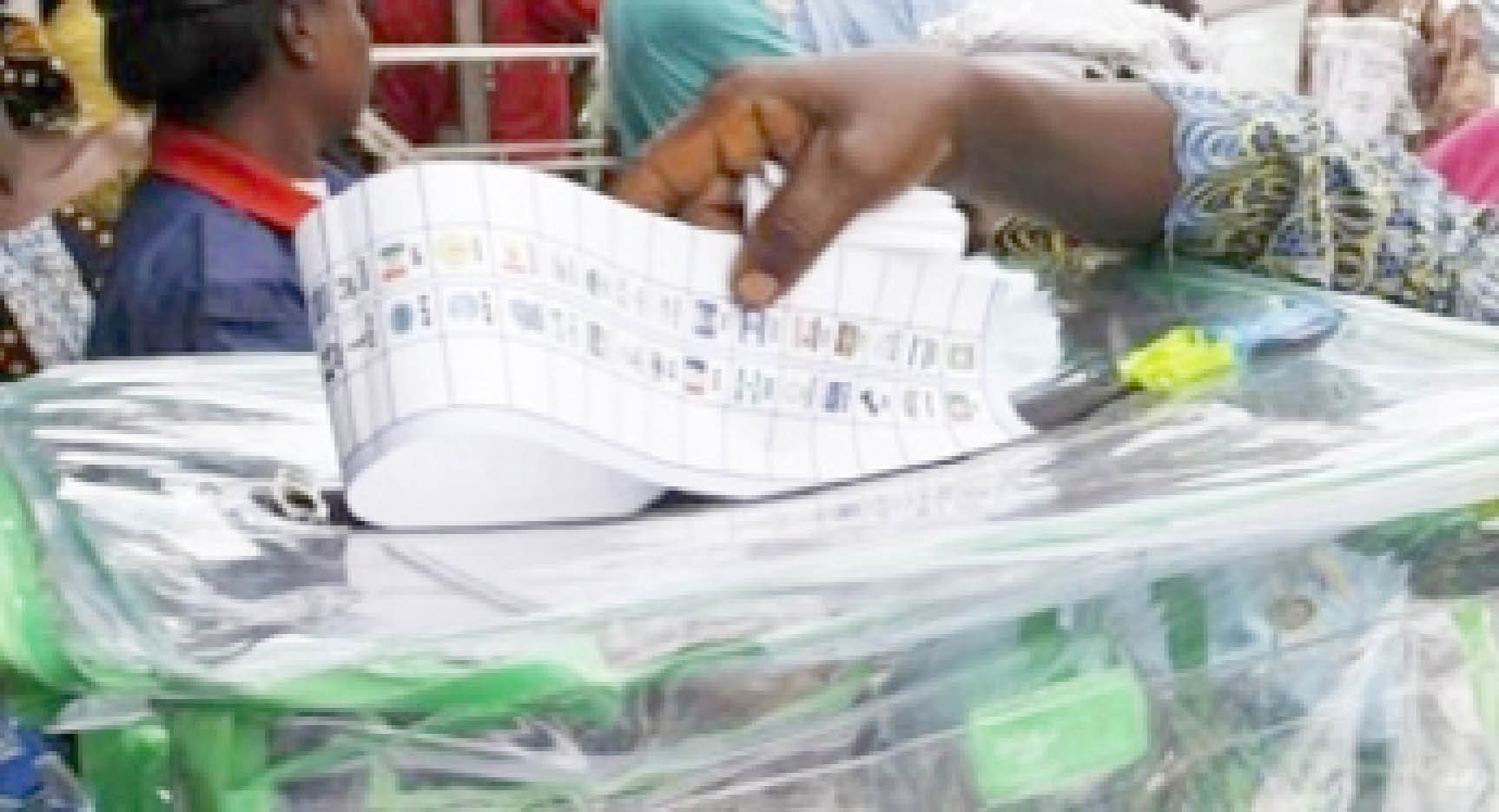2023: Exploring professional training on election results collation
There is no doubt that election is basically a game of numbers determined by eligible citizens who turnout to vote on election day and thus any act either by omission or commission that leads to the slightest mistake in collation of the results could potentially jeopardise the process. As a matter of fact, even an […]

Election
There is no doubt that election is basically a game of numbers determined by eligible citizens who turnout to vote on election day and thus any act either by omission or commission that leads to the slightest mistake in collation of the results could potentially jeopardise the process.
As a matter of fact, even an honour mistake by electoral officials, especially in the imputing and collation of election results could have an impact on the overall outcome of the elections. In this vein, any effort to ensure an effective training of electoral officers on simplified and accurate collation process will go a long way in boosting citizens’ confidence and promoting accountability in the process.
Since the introduction of the INEC Result Viewing (IREV) Portal, a total of 128, 994 accounts have been opened by IREV users. These numbers will increase in 2023 as more Nigerians will be interested in the outcome of the election at every polling unit.
While the training of the Ad-hoc staff has been delayed due to the off-cycle elections and the legal implications that have risen from the previous election training manuals and guidelines, it is important for INEC to collaborate with the right professionals in order to save the nation from future judicial disaster that seems to take power from the polls and allocate to who the judgment favors.
- 2023: NEF sets agenda for Council of State
- NIS alert to stop foreigners from partaking in 2023 polls – CG
In the next few days, INEC must as a matter of urgency collaborate with the Institute of Chartered Accountants of Nigeria (ICAN) districts across the states and the Federal Capital Territory to train its ad hoc staff on completing the results sheets at the polling units and ward collation centres. To reduce bureaucracy, these collaborations can be made between the districts and the Resident Electoral Commissioners in the various states.
This will enable ICAN to mobilise members across its districts who will simplify the result recording on form EC8A so that the ad-hoc staff (especially Presiding Officers) can have a full understanding on how to compute accurately the eight basic elements in the form .
INEC must be intentional in averting and reducing post-election violence that may occur because of this computation. favouritism, nepotism and mediocracy must be eliminated across the 36 states and the FCT if INEC is willing to regain the confidence of Nigerians and conduct a credible election.
The outcome of the election tribunal in Osun should serve as an ‘Expo’ to INEC on what will be the outcome of the elections that will be conducted in the 176,846 polling units across the nation.
Public trust is essential for any successful deployment of electoral technologies. The introduction of the IREV into the framework for election result management has transformed public perception of the accuracy and credibility of election results. INEC must try to achieve 100 per cent or nothing in the quality of results that will be uploaded from the 176,846 polling units across the federation.
Daniel Mkpume works with Yiaga Africa
